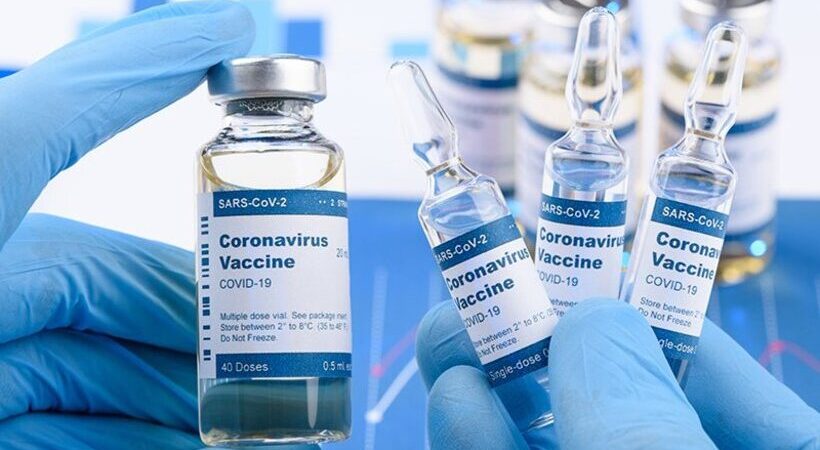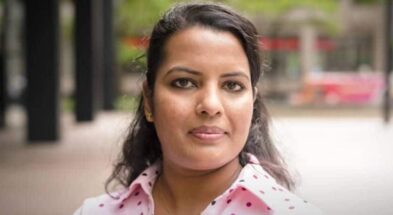The government of India on June 8 introduced electronic vouchers for Covid-19 vaccination aiming at encouraging the economically weaker people to get inoculated at a private vaccination centre, allowing the financially well-off section to pay for them.
This means, in other words, an individual can buy an electronic voucher online and send it to another person in India, who can redeem it at a private vaccination centre and get vaccinated.
Such a move had been taken to “promote the spirit of Lok Kalyan”, or people’s welfare. For instance, someone willing to pay can get a voucher for one’s maid or driver, assisting them to get vaccinated.
E-vouchers can be issued by approved agencies, acknowledging the guidelines laid down by the National Payments Corporation of India. Approved by the Reserve Bank of India, e-vouchers can be used by mobile owners without any app or bank account. These vouchers are cost-effective as banks are currently issuing prepaid cards with a chip that costs around 200. So, the new electronic voucher will omit this cost. The issuer of these e-vouchers is the government, bank or an approved corporate body.
The e-vouchers, however, can only be used one-time payment of specified goods. The maximum limit of this voucher has to be pegged at 10,000. It consists of a designated merchant code to be used only for buying designated products, for instance, food grains, medicines, etc.
Moreover, a voucher bought against a person’s name cannot be transferred to another. And these vouchers will be downloadable and have to scan at hospitals.
With this e-voucher, the beneficiary can opt for walk-in registrations, and no prior appointments are not required. However, getting inoculated will depend on the availability of the vaccine.
How Electronic Vouchers Promote Vaccination Among Economically Weaker Sections In India

Nevodka/iStock/Getty Images Plus/Getty Images
Connect with NRI experts via WhatsApp | Click here


















